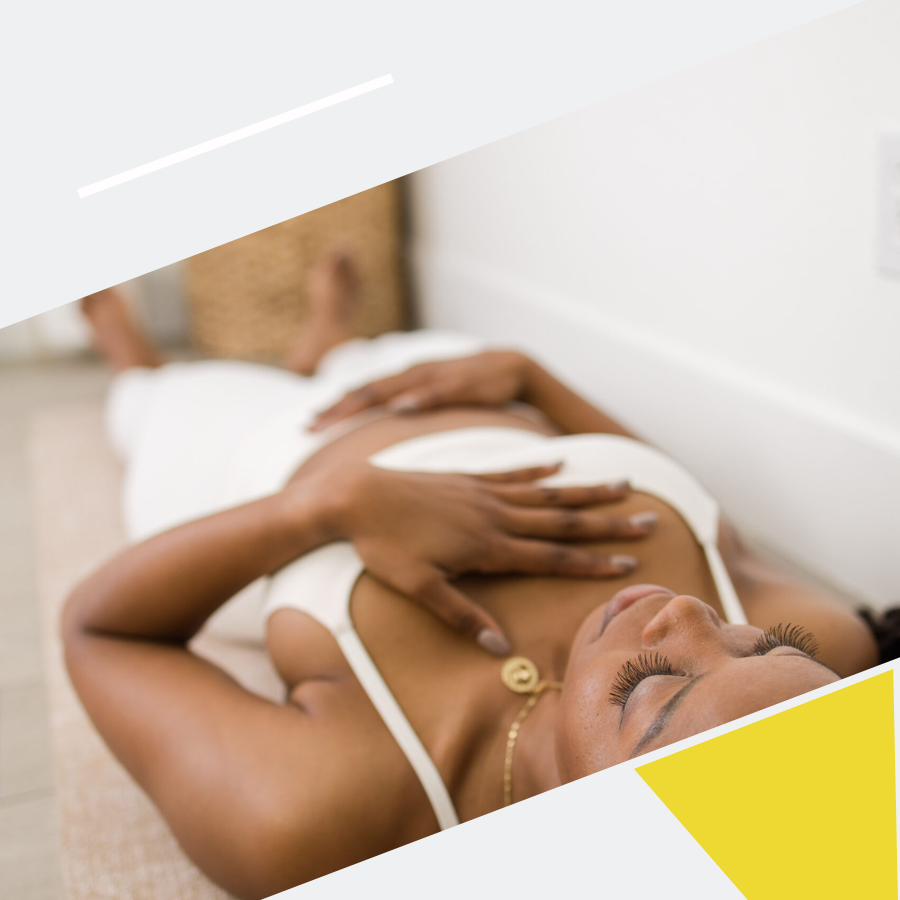Time is a commodity. And it’s a commodity that, for a long time, I did not realize could be extremely limited due to mental or physical health. I had a rude awakening this year when I was diagnosed with fibromyalgia, a condition that causes weakness, pain, and fatigue throughout my body. I’d be lying if I said I didn’t originally believe I could will it away because I wasn’t going to be like “those kinds” (*gestures*) of sick people.
With time, I have come to understand that I do have fibromyalgia — and that being a pick-me with chronic illness wasn’t going to negate that.
I also figured out that ignoring it was doing an extreme disservice to myself because I wasn’t finding ways to navigate the condition in my personal and public life. There is, in fact, an existence where I can acknowledge this invisible illness and its effects on me, but not let it completely take over my life.
Here are some other realizations I had after being diagnosed with an invisible illness:
It’s Okay to Create Boundaries
Just because I am open about my diagnosis doesn’t mean that I or anyone else owes an explanation regarding how they cope, treat, and deal with their condition. I don’t think anyone believes chronic pain is glamorous, but that doesn’t mean it’s necessary to explain every ache I experience for acceptance or approval. Especially when it involves an invisible illness, there may be a nagging need to show that you’re an exception to a rule or fill a certain “sick person” trope. Creating — and upholding — boundaries among my social circle has proven invaluable. Just because I have chronic pain doesn’t mean I’m incapable of advocating for myself. And just because a condition is invisible doesn’t mean its existence needs to be “proven” for it to be valid.
You Don’t Need to Apologize for Your Condition
There are days when getting out of bed is an achievement. With that said, I’ve made a rule for myself that I won’t apologize for the limitations I have and the accommodations I may require. Accommodations that may not come easily are not a reflection on you, but on how society treats disability.
I Shouldn’t Compare My Condition to Others
One of the biggest issues I’ve grappled with while dealing with understanding my own invisible illness is feeling like I had to appear to be better off than others with my condition. This doesn’t mean you cannot look to communities for guidance and support, but there is a fine line between identifying commonalities and feeling as if you have to appear a certain way when you have an invisible illness. There is no “model” disabled person. So, be kind to yourself and give yourself your flowers for making it through the day.
Suggested Reads
But You Don’t Look Sick, a website from Christine Miserandino
The Invisible Kingdom: Reimagining Chronic Illness by Meghan O’Rourke
Crutches and Spice, a website from Imani Barbarin


![On this episode of Feminist Book Club: The Podcast 💞 Sometimes we just wanna gush about the things we love.
For Renee (@reneethebookbird) and Margot (@neonmargot), it’s hardboiled fiction. For Ashley (@driedinkpen) and Nox (@nox_reads), it’s Lady Gaga’s new album. Tune in for two conversations around why we love the things we love.
Find this episode of Feminist Book Club: The Podcast anywhere you listen to podcasts or stream on our blog!
[alt text: Hardboiled Lesbian Fiction + Lady Gaga's Mayhem]](https://www.feministbookclub.com/wp-content/plugins/instagram-feed/img/placeholder.png)